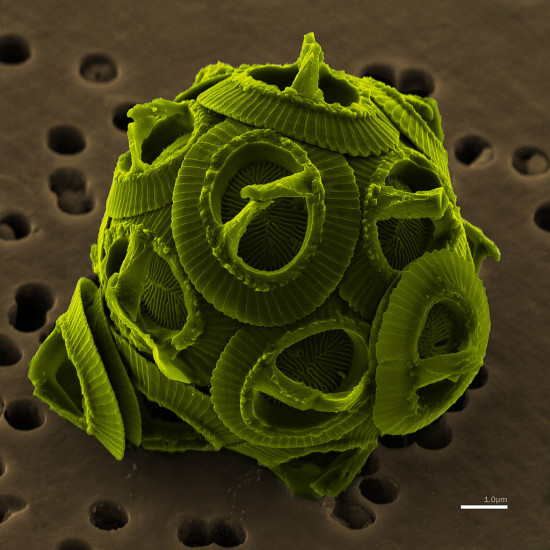http://morningsignout.com/algal-virus-affects-cognitive-function-in-humans/
A strange new virus affecting your brain sounds like something out of science fiction. However, a research team led by Dr. Robert Yolken from Johns Hopkins University found exactly that while studying the relationship between viral infections and brain development. They examined viruses present in the throats of 33 healthy adults, and surprisingly, they detected Acanthocystis turfacea Chlorella virus 1 (ATCV-1). It was previously thought that the virus could not infect humans or animals since ATCV-1 usually infects green algae. This discovery is evidence of viral jumping, a biological phenomenon in which viruses jump from one species to another.

The researchers also tested mice to determine if the virus affected their cognitive functions. Infected mice performed worse on tests measuring their recognition memory and spatial orientation than uninfected mice. Mice with the virus had more difficulty navigating a maze and spent 30% less time than uninfected mice on examining a new object, indicating that they had shorter attention spans. Brain samples from the infected mice showed changes in the expression of genes in the hippocampus, the part of the brain responsible for transferring short to long term memory and spatial orientation. These findings could explain the effects of the virus, but researchers say further investigation is required to understand the impact of ATCV-1 on cognitive function.
Featured Image Source: Pixabay
No comments:
Post a Comment